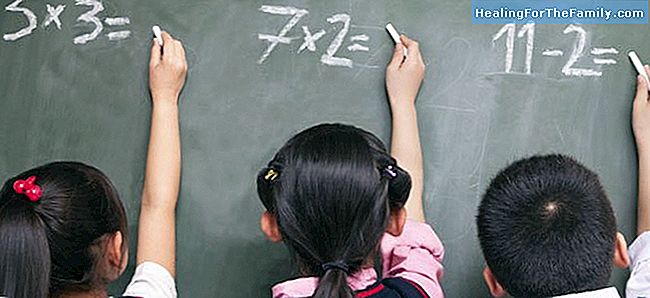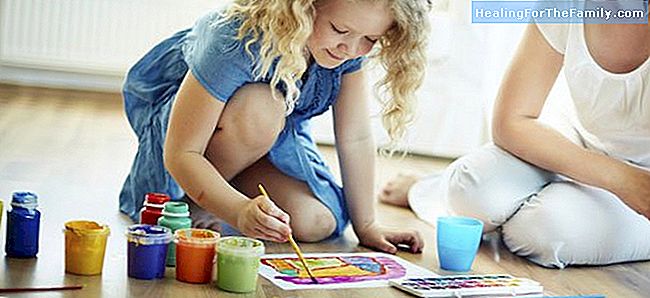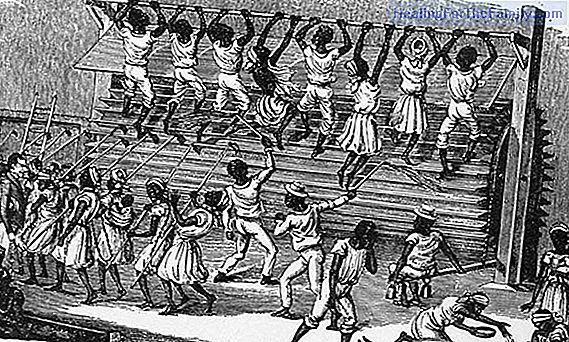What children learn at school and at home
The early stages of children's learning are difficult and some doubts may arise about who is responsible for each task. What children learn at school and what they learn at home is not something that is limited and that can be a problem for the child's development. And never forgetting that the educ
The early stages of children's learning are difficult and some doubts may arise about who is responsible for each task. What children learn at school and what they learn at home is not something that is limited and that can be a problem for the child's development. And never forgetting that the educational responsibility of the child rests first on the parents, we can establish in general terms what is the school's task and which of the parents.
What children learn at school

Before arriving at Preschool, most of the children have already spent some time in the nursery, which is the ideal place for the little ones to practice motor skills, attention and sociability. Once in Preschool, children begin to identify letters, numbers, shapes and colors.
In this same educational stage, children are able to learn to unite letters, identify words and read simple texts. They can also learn to do basic accounts, such as adding and subtracting, without forgetting other facets of basic learning such as simple crafts to relate objects and paint to identify shapes and colors.
It is the school's task to develop in children all those basic skills that they will need throughout their academic or social life. That is, to learn to read, to write, to tell ... but also to share, respect and live in society. However, having children attend school does not exempt parents from their educational responsibility. It is useless for a child to learn to identify the letter A, if when he gets home that learning is not reinforced.
What children learn at home

That is why we insist on the educational responsibility of parents. Of course, most people are not endowed with pedagogical knowledge, but with a little intuition todo, everyone can reinforce what they have learned in school. Playing to identify the letters that the child will be learning by looking at the commercial signs, for example, is a very fun way for the child to continue learning without effort.Remembering the songs at home and making simple calculations with objects is a good way for the child to consolidate their knowledge. And of course we can not forget the
values that we must instill in our children. The development of his personality, self-esteem, security, tolerance and respect is primarily the parents' task. We can not pretend to send our children to school and to return home with the alphabet learned, knowing how to tell the time or counting the candies they have in their pocket and besides that, that they are educated, respectful, witty, tolerant and sociable people. Because the first years of the child are
continuous learning and that work is, above all, of the parents.












